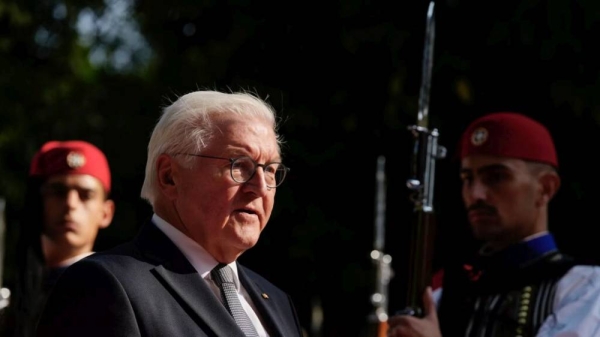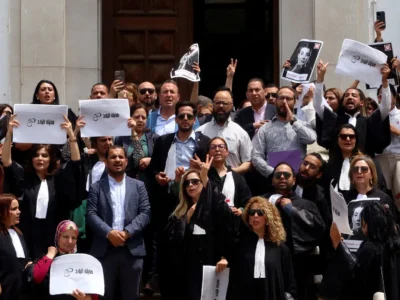BERLIN— On Friday, German President Frank-Walter Steinmeier declared that he had granted Chancellor Olaf Scholz’s request to dissolve the parliament and that new elections would be held on February 23. The Social Democratic Party (SPD) and the Christian Democratic Union (CDU), Germany’s biggest opposition party, had pre-agreed on a timetable that Steinmeier was expected to follow.
German voters will cast ballots in February as a result of the president’s decision. This date was moved up considerably when the government of the ruling coalition fell apart, prompting Scholz to convene an unsuccessful confidence vote on December 16.
Last Monday’s vote of no confidence against Scholz by the Bundestag was only the sixth in the nation since 1949 and marks the fourth time the electoral term of a German administration has ended early.
After Scholz dismissed Christian Lindner, his finance minister, from the liberal Free Democratic Party (FDP), his unpopular three-party coalition fell apart. The coalition collapsed because Lindner kicked his ministers out.
Since 2021, Germany has been governed by the so-called “traffic light” coalition, which consists of the FDP, SPD, and the green party. In November, a dispute over the nation’s budget for the following year caused internal party splits to explode.
Also Read:
Saudi Arabia’s Logistics Hubs Expand by 267% as Part of the Vision 2030 Initiative
The Central Bank of Egypt Maintains Stable Overnight Interest Rates



































